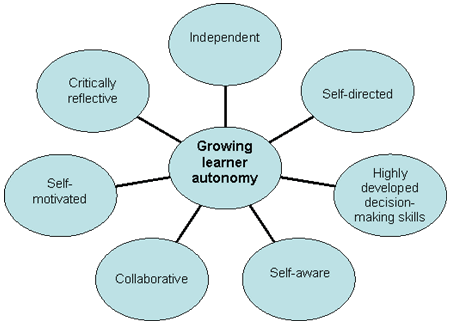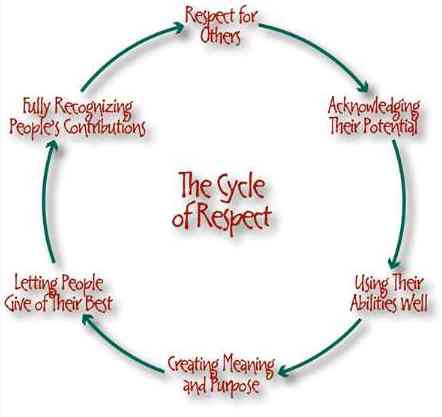TRUST

Place trust in someone is like giving a gift, because it empowers the other person and expands his or her possibilities.
Trust is both important and dangerous. It is important because it allows us to form relationships with others and to depend on others—for love, for advice or for help with our plumbing. It is dangerous because in placing trust in someone I make myself vulnerable. The confidence might be betrayed. But it is just this vulnerability that gives trust its value. Trust and kindness go hand in hand. Kindness is trusting and ready to risk; it brings us close to others.



The Value of Trust
Cooperation. Trusting provides us with goods beyond those that come with cooperation. Sometimes, trust involves little or no cooperation, so that the truster is completely dependent on the trustee, although the reverse is not true. Examples are the trust of young children in their parents and the trust of severely ill or disabled people in their care providers.
knowledge and autonomy. Philosophers writing on testimony argue that scientific knowledge moral knowledge or almost all knowledge in fact depends for its acquisition on trust in the testimony of others. The basic argument for the need to trust what others say is that no one person has the time, intellect, and experience necessary to learn, independently, facts about the world that many of us do know. Examples include the scientific fact that the earth is round, the moral fact that the oppression of people from social groups different from our own can be severe.
Self-respect. Trust can improve the self-respect and moral maturity. To be trusted can allow one to be more respectful not only toward oneself, but also toward others.
10 ways to create and preserve trust in the work environment.
- Hire and promote people, who are capable of forming positive, trusting interpersonal relationships.
- Develop the skills of all employees.
- Keep staff members truthfully informed. Provide as much information as you can comfortably divulge as soon as possible in any situation.
- Expect supervisors to act with integrity and keep commitments.
- Confront hard issues in a timely fashion.
- Protect the interest of all employees in a work group.
- Display competence in supervisory and other work tasks. Know what you are talking about, and if you don’t know—admit it.
- Listen with respect and full attention.
- Exhibit empathy and sensitivity to the needs of staff members.
- Take thoughtful risks to improve service and products for the customer.
For more information about building Trust in the workplace see Great Place to Work
